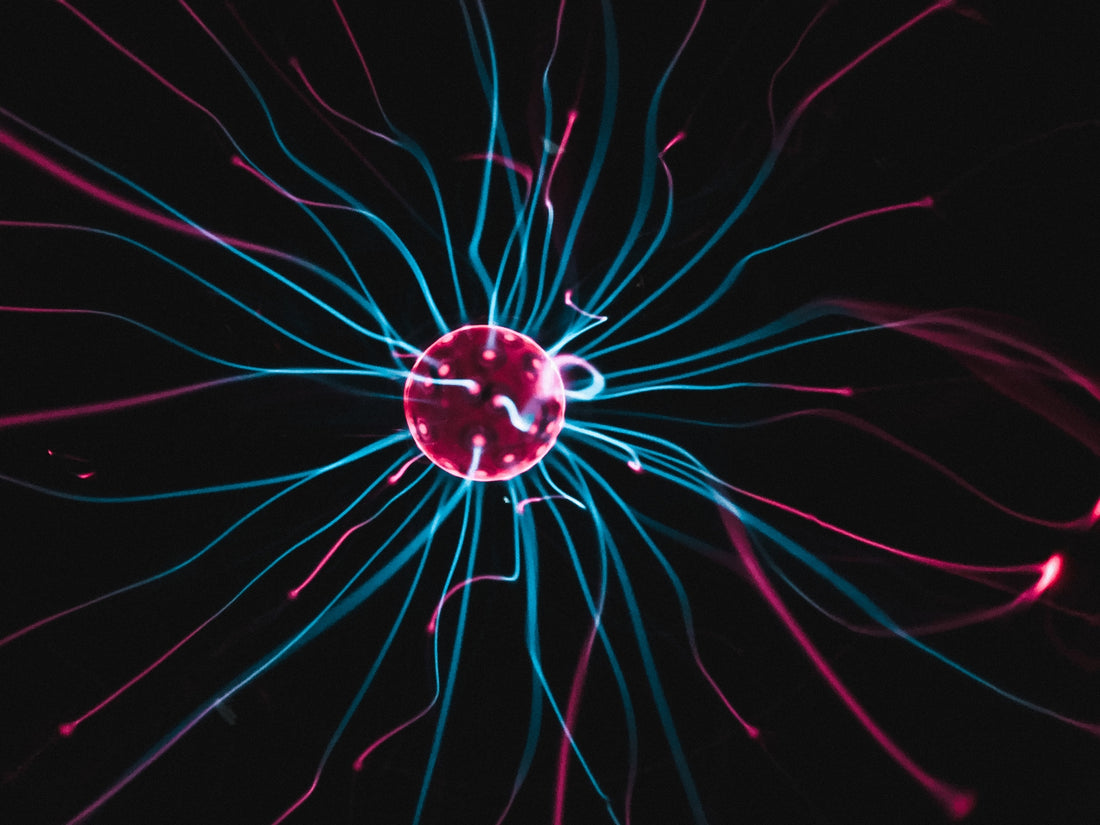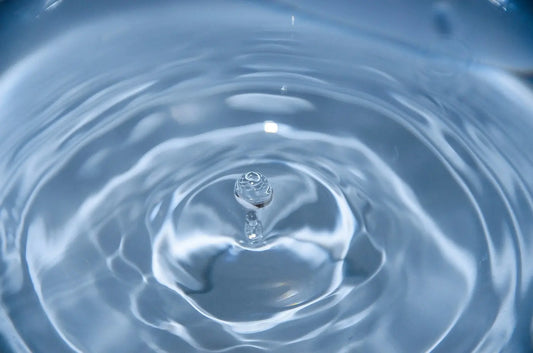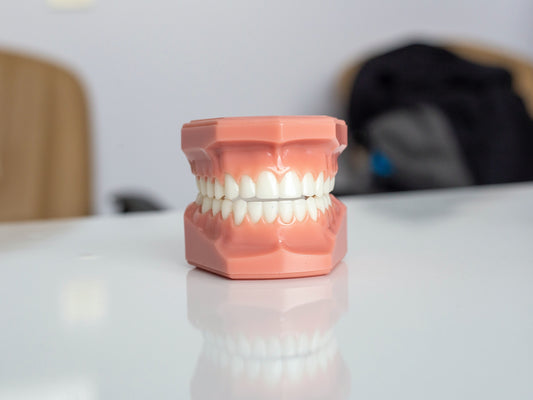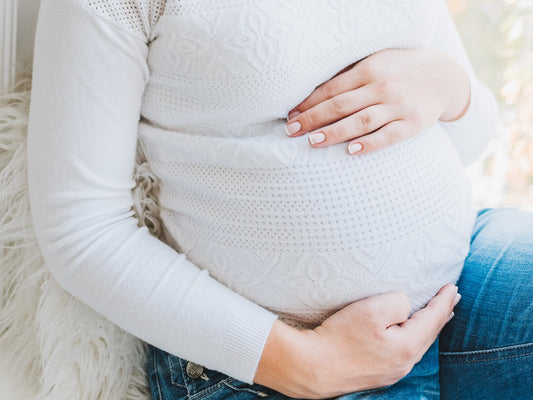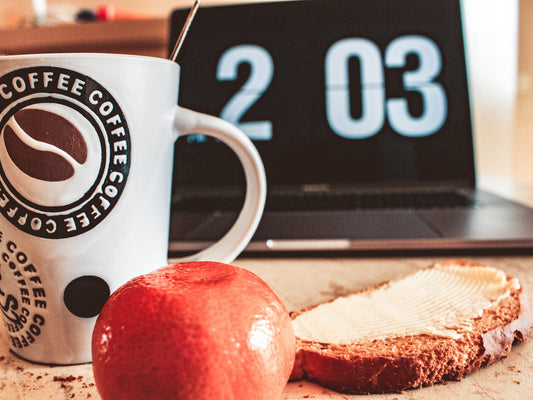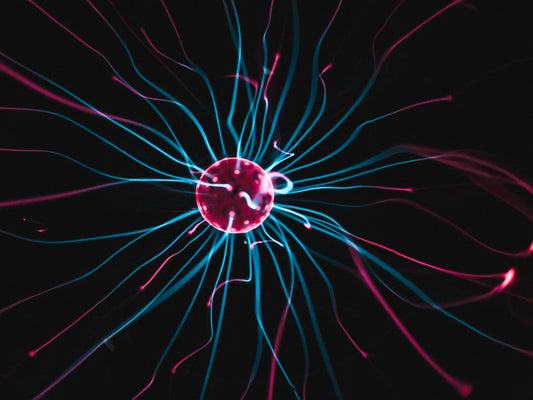What Is Electrolyte Imbalance?
Have you ever experienced a painful night leg cramp that woke you up? If yes, then you may have suffered from electrolyte imbalance. For certain types of people, such as those who are fasting, are very active, or the elderly, electrolyte imbalance is a common issue. Some of the main electrolytes are sodium, potassium, calcium, magnesium, and zinc.
Electrolytes are substances that carry an electrical charge and are dissolved in water (or body fluids) [1]. They have an important role in many processes that keep us alive, including muscle movements and correct brain functioning. This is why night leg cramps are an indication of an electrolyte imbalance! And even though effects are usually not too severe, a serious electrolyte imbalance could become even life-threatening as low levels of electrolytes in your body also impact the muscles of your heart.

Sodium is a mineral found in table salt or salty foods and has a key role in our body. It regulates muscle and nerve function, blood pressure, and the overall health of your cells. If you have a sodium imbalance where the level is too low, you are likely to suffer from muscle spasms and headaches. On the contrary, too much sodium increases your blood pressure and your chances to have a stroke or heart disease.
Potassium and magnesium are key compounds that regulate nerve signaling and muscle function. Appropriate levels of magnesium are also necessary for a good night’s sleep. Too much potassium can lead to a heart attack, while too much magnesium may cause build-ups that lead to irregular heartbeats, coma, or even death.
Calcium is perhaps one of the most popular electrolytes. It’s quite common knowledge that calcium helps with bone health, but it also helps keep your heart healthy by regulating your heartbeat.
Finally, zinc is a substance that we can find in all the cells in our bodies. Zinc helps us fight diseases by ensuring that our immune system is healthy. Also, zinc plays a key role in healing and cell growth, and it helps to break down carbohydrates. Also, without zinc, we wouldn’t be able to taste or smell.
In addition to this, normal electrolyte levels help to maintain a normal pH level of your blood [2], and some substances like calcium even ensure optimal blood clotting.
Overall, electrolytes help your cells regulate the amount of water they take – too much water would flood the cell, and not enough water means dehydration. In general, we get all the electrolytes we need from food and drinks. This is why electrolyte imbalance becomes a concern for people who fast, especially if your meal plan is not refined to cater to all the body’s requirements and you often work out during your fast.
An electrolyte imbalance means that you have either too much or not enough electrolytes in your body. When the concentration of one electrolyte is too high or too low, your body suffers – and may even be fatal in severe cases.
There are many types of electrolyte imbalances, depending on which electrolyte level is affected. For instance, people may suffer from hypernatremia, or high sodium levels, or hyponatremia (low sodium level). Other types of electrolyte imbalances include:
- Abnormal potassium levels (hypokalemia or hyperkalemia)
- Abnormal magnesium levels (hypermagnesemia or hypomagnesemia)
- Abnormal calcium levels (hypocalcemia or hypercalcemia)
Depending on your diet and lifestyle, you may suffer from only one type of electrolyte imbalance – such as too much sodium, or not enough calcium. But some people may suffer from more than one type of electrolyte imbalance at the same time.
It’s important to note that lacking electrolytes is a lot more common than electrolyte poisoning. In general, if the electrolyte levels in our body raise, our body expels them through different methods (such as sweating or urination).
Also, overdoses are quite unlikely because you would need to ingest a very high level of electrolytes to become sick. For instance, you should take more than 350mg of potassium per day to possibly suffer from an upset stomach and vomiting [3]. Thus, since electrolyte poisoning is rare, many people are concerned with low electrolyte levels.
Overall, electrolytes play an important role in our overall health. An electrolyte imbalance means that many of your body’s processes are impacted. For instance, your blood pH may become too alkaline or too acidic, your muscles may not contract or relax optimally, you may experience issues with blood clotting and irregular heartbeat, and your body suffers from dehydration or overhydration. When we are fasting, electrolyte imbalances become a concerning issue, especially if we want to lose weight, be more active, or simply lead a healthier lifestyle.
What Are the Symptoms of Electrolyte Imbalance?
As discussed above, there are several types of electrolyte imbalance, and, depending on which electrolyte is missing, you may experience different symptoms. It also depends on how severe the deficiency is, if you have other health issues, your age, and more.
People with mild electrolyte imbalance may not have any symptoms, depending on which electrolyte level is abnormal. Other people may lack symptoms if the electrolyte deficiency occurred gradually.

In general, most people do have symptoms. Some of the most common ones include insomnia, headaches, dizziness (those stars you see when you stand up too quickly), fatigue, muscle spasms, vomiting, and irregular heartbeat [4]. In very severe cases, electrolyte imbalances lead to coma, seizures, and even death.
Does Fasting Cause Electrolyte Imbalance?
There are many things that may cause an electrolyte imbalance: an unhealthy diet, sweating, drinking too much or not enough water, vomiting, illness, low-carb diets (including keto), and, of course, fasting. But while losing electrolytes during sweating and intense physical activity is understandable, it may be more difficult to grasp how fasting leads to electrolyte imbalances.
In general, when we fast for longer periods of time, our body expels electrolytes like potassium and sodium through urine [5]. Also, if you exercise or stay active during your fast and you sweat, you further lose more electrolytes. If you don’t hydrate appropriately, you can easily develop an electrolyte imbalance in your body. Also, correlated with the infrequent meals that come with fasting, the electrolytes in your body may not be fully replenished even if you eat healthy food and drink plenty of water.
The key takeaway is that any fast longer than 12 hours may lead to electrolyte deficiency. Since we take most of our electrolytes from food, fasting means less access to electrolytes. Secondly, your kidneys expel electrolytes from your body as a result of decreased insulin levels.
Other than not eating and not drinking enough, there are other factors that may affect you: medications (like laxatives or diuretics) that remove electrolytes from your body, different health conditions, having a cold or flu, sweating, kidney or liver issues.
How Can You Prevent Electrolyte Imbalance When Fasting?
Depending on your type of fasting, current diet and preferences, and activity level, you can replenish electrolytes via different methods, as discussed below.
Eat Foods that Replenish Electrolytes
First, you need to start with refining your meal plan. You need to make sure your body receives sufficient nutrients before and after each fast. Some of the best foods to eat to replenish your electrolytes levels include:

- Fresh fruits, such as banana, pomegranate, watermelon, and avocado are great sources of potassium
- Dairy products or plant-based alternatives for calcium and sodium, such as cheese and milk, but also soy products, beans, collard greens, almonds, or tahini.
- Lean meat, such as poultry, is rich in potassium, sodium, and zinc.
Due to the infrequent supply of food when fasting, your body may still not get enough electrolytes. Fortunately, there are several other ways to avoid an electrolyte balance.
Stay Hydrated & Use Supplements
Remember to drink enough water throughout the day. This is one of the easiest ways to make sure your electrolyte intake is balanced. If you go to the gym, you should drink water two hours before you start exercising, then every 15-20 minutes during exercising.
However, avoid energy drinks and sugary drinks that will cause a spike in your blood sugar levels and may even break your fast. Apart from water, there are other drinks that help you boost your electrolyte intake.
Fruit juices and coconut water are great sources of electrolytes, but they contain more calories than regular water and they will break your fast. If possible, you should opt for unsweetened coconut water, so it won’t affect your blood sugar levels.
There are also electrolyte-rich drinks you can have when fasting. These are an excellent option if you are worried that your diet doesn’t include enough electrolyte-rich foods, if you are dehydrated, or if you just want to prevent dehydration. It was proven that people who fast and take a daily electrolyte supplement lose weight without affecting their electrolyte balance [6].
Our hydration mix has a balanced electrolyte content, along with real fruit juice powder and no artificial sweeteners. With only 25 calories per serving, it’s an excellent way to stay hydrated, boost electrolyte levels, and avoid breaking your fast.
References










